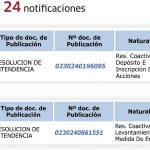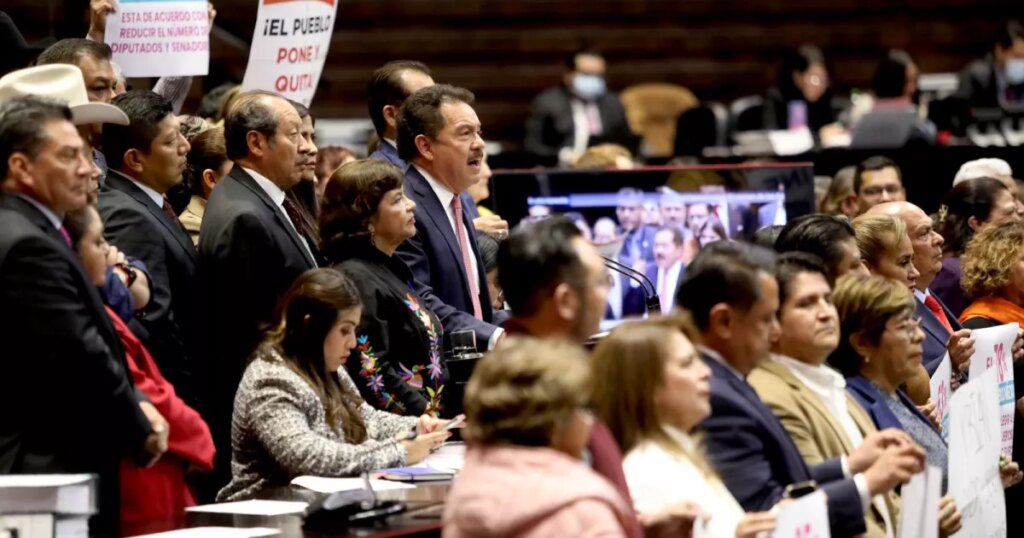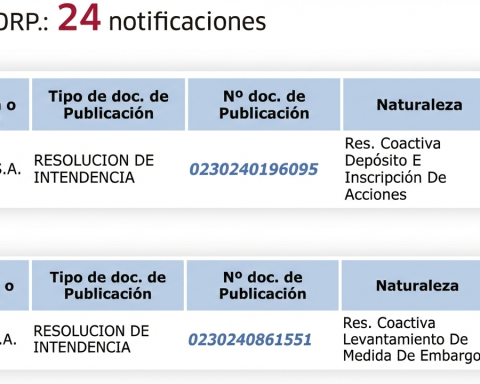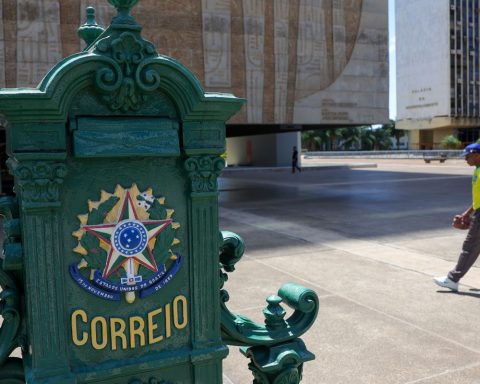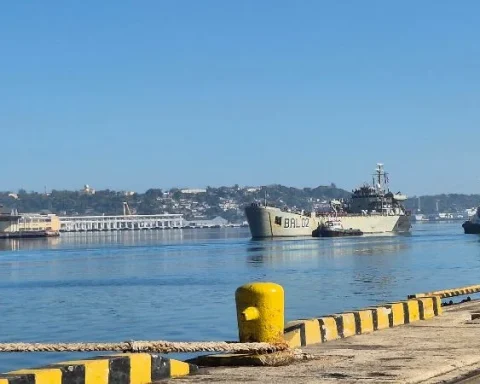The regime of Daniel Ortega and Rosario Murillo canceled, until last November, a total of 3,106 Non-Profit Organizations (OSFL), which correspond to 42.9% of the 7,227 NGOs that existed in the country before the massive cancellations began, according to estimates. from the Local Network, Popol Na, Fundación del Río and the Nicaragua Human Rights Collective Nunca+, who make an effort to systematize this phenomenon.
Among those canceled are 1,614 national NGOs, 328 international, 363 trade unions, 287 religious organizations, 148 women’s associations, 60 medical associations, 151 neighborhood associations, 82 cultural associations, 54 media, 8 private universities and 6 political parties.
Katherine Ramírez, from Popol Na, warned that in this year 2022 “more repressive laws” have been approved than They came to culminate with “the demolition of freedom of association” in Nicaragua. “In recent months, the cancellations of legal entities have been much faster and in a matter of a week more than 200 or more than 300 organizations,” he stressed.
The data of the canceled NPOs in Nicaragua are now available on the microsite freedomassociation.org, which constitutes an effort by the organizations to preserve the “historical memory” of what has happened in the country and intends to follow up on similar events that occur in the future.
NGOs could sue the State
The Local Network, Popol Na, Fundación del Río and the Nicaragua Human Rights Collective Never +, also managed to put together nine complete files that could be used for the organizations involved to sue the regime of Daniel Ortega and Rosario Murillo internationally for the cancellation of their legal status and the confiscation of their assets.
The cancellation of these nine NGO “it generated almost four million dollars in confiscations for the State coffers” and approximately 50,000 people “were left without access to the essential services provided by these organizations, which had coverage of more than 50 municipalities (30%) throughout Nicaragua, with special attention to the North and Caribbean region,” explained the organizations that were in charge of putting together the files.
The representative of the Nunca+ Nicaragua Human Rights Collective, Carlos Guadamuz, explained that of these nine organizations, eight are national and one is foreign. After the cancellation of their legal status, 152 people became unemployed.
The human rights defender also highlighted that seven of the nine organizations suffered illegal raids and only in one case was it carried out non-violently. He pointed out that threats against members and managers of the analyzed organizations were documented.
“Of the nine organizations analyzed, at least two people were benefited with precautionary measuresGuadamuz stressed.
For his part, Amaru Ruiz, from the Fundación del Río, appreciated that the creation of these nine files is a contribution to the “construction of historical memory” and explained that there is no date for the presentation of a possible lawsuit against the State of Nicaragua.
File NGO Nicaragua
on the microsite freedomassociation.org, are also available: UPR Interim Report – Nicaraguan Platform of NGO Networks, The Brutal Demolition of Freedom of Association in Nicaragua and the UPR Interim Report; three complementary reports that address “the crudeness of the abolition of freedom of association in Nicaragua.”
These reports indicate —among other things— that the criminalization route used by the Ortega-Murillo regime began with defamation campaigns, threats, surveillance and constant arrests of the members of the Non-Profit Organizations (OSFL). These attacks escalated until they reached the de facto confiscation of the organisms.
These are the different types of aggressions documented during the period 2007-2022:
- Cancellation of legal status by the National Assembly
- Cancellation of records by the Ministry of the Interior
- Arbitrary changes of company name
- Direct threats to NPO representatives
- Arbitrary expulsions of NPO leaders
- De facto confiscations and raids on institutional premises by the National Police.







